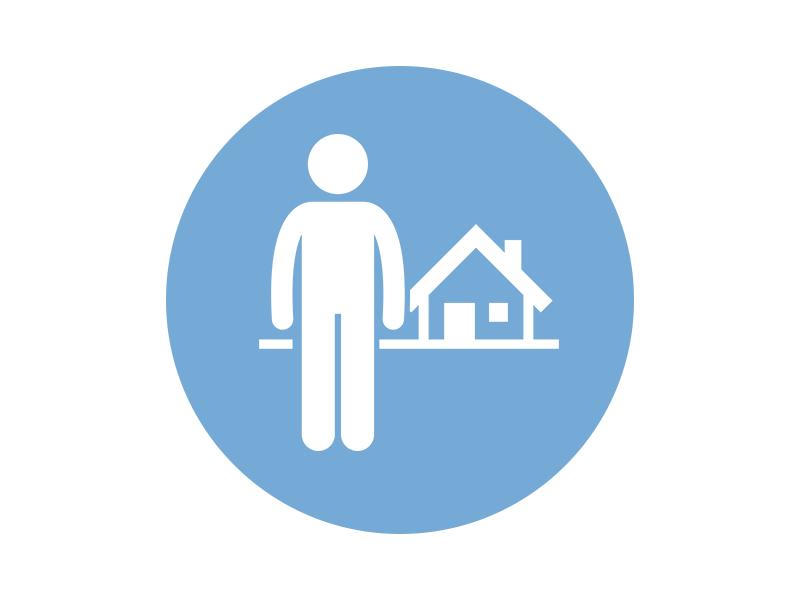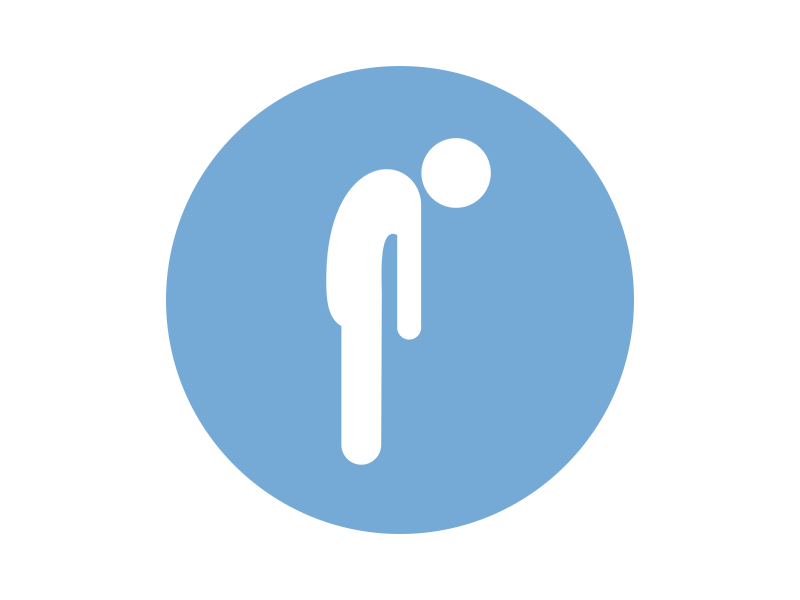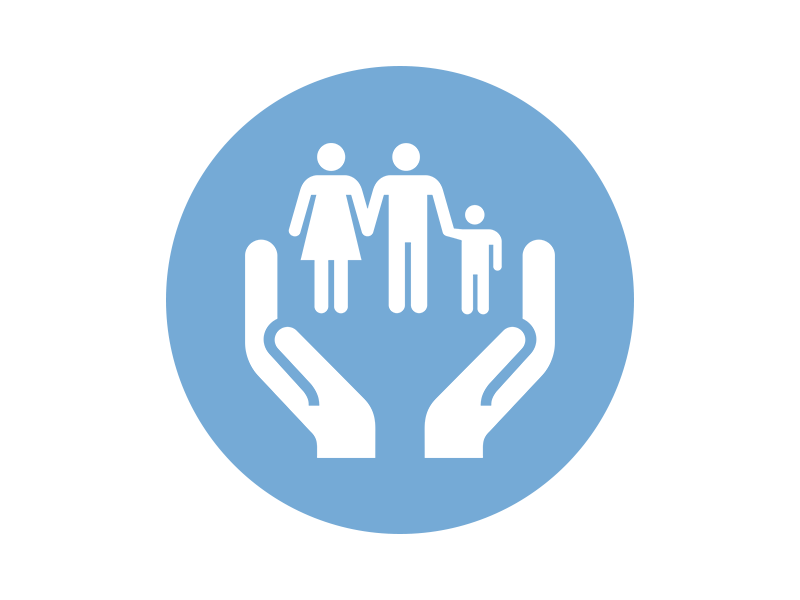Kate recognized the essential role of the Poverty Simulation tool in the public education conversation after her own simulation experience as part of a Nashville Area Chamber of Commerce Report Card Committee orientation. This three-hour immersive experience has been used to help teachers understand the impact of poverty on families, on students, and on critical community resources, including education, transportation, and housing.
To make the Poverty Simulation available to community leaders as well as their colleagues, Ezell Consulting partners with MNPS, Catholic Charities, and other nonprofit poverty simulation hosts to make the experience accessible to companies and organizations whose leadership and employees will benefit from deeper insight into the realities of Nashville’s poorest citizens.
Read on to explore the feedback of these sample Poverty Simulation participants, a group of Nashville leaders, as they experienced what it’s like to be a parent, an immigrant, or a child living in poverty.









